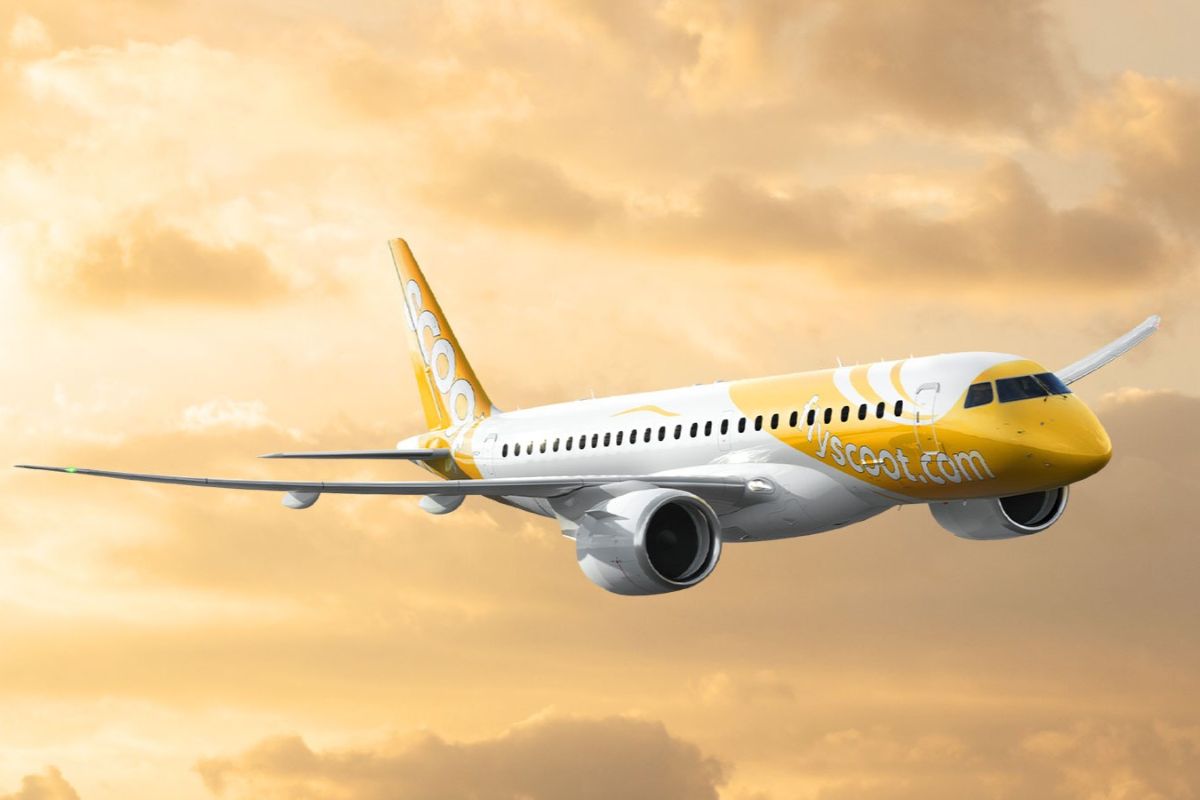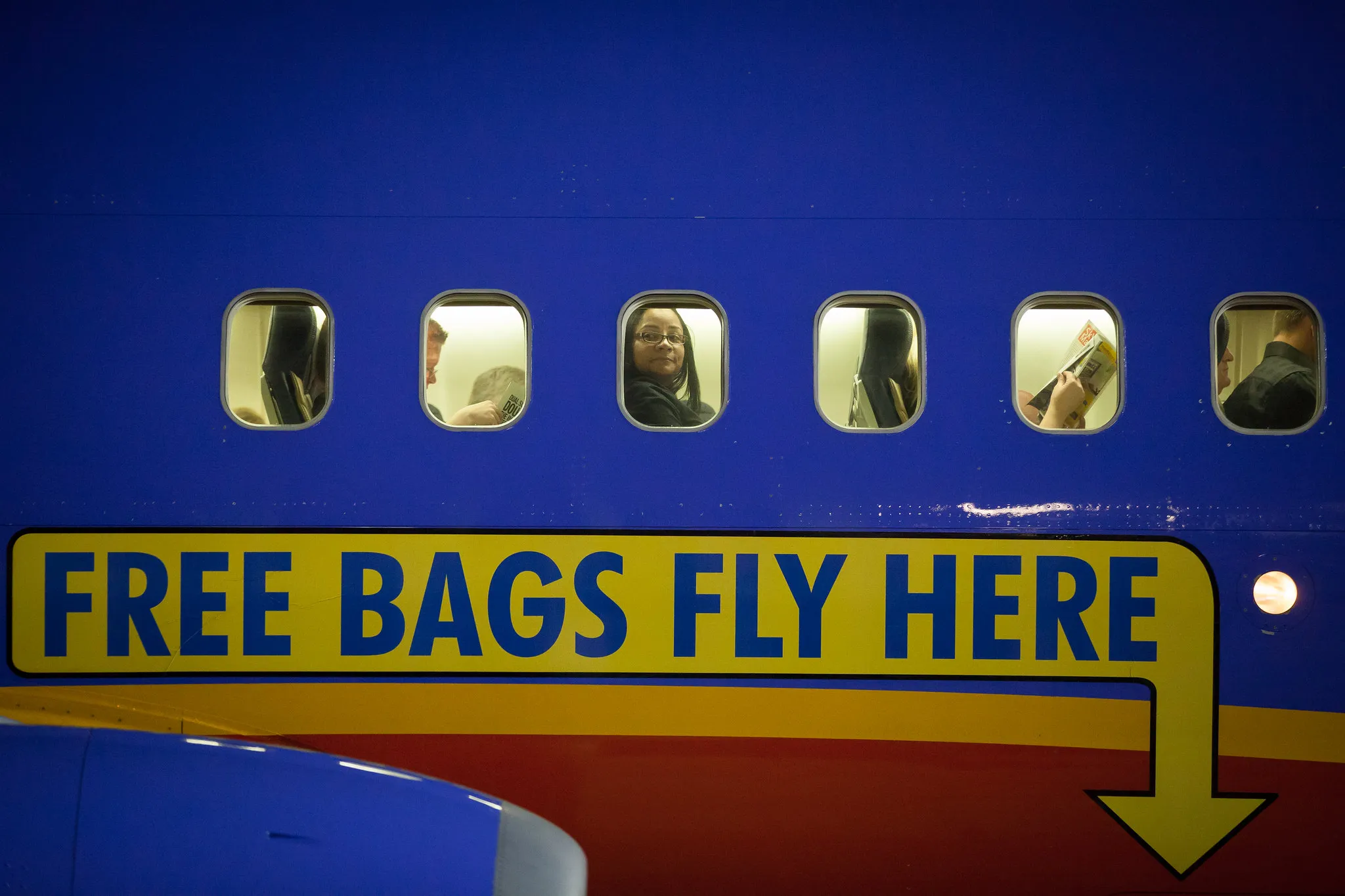Airline Offers are About to Get Smarter and More Personalized

Skift Take
This sponsored content was created in collaboration with a Skift partner.
More than ever, airlines are focused on capturing incremental revenue in a highly-competitive marketplace – offering ancillary “add-ons” like seats with extra legroom, additional baggage allowance, and trip insurance. Almost a year into the global Covid-19 crisis, in a reduced and uncertain market, this revenue is even more critical to airlines’ financial sustainability.
These product bundles, a la carte items, and third-party ancillaries mean that the number of offers available to travelers has grown exponentially, making shopping for flights increasingly complex. For example, over the last five years, the number of fare combinations for flights between London and New York has grown from five billion to 63 billion.
When creating offers, airlines must consider multiple factors such as market data, seat and ancillary inventory, forecasted demand, and competition. Offer performance is then regularly reviewed by a rules-based decision system following an “if-then” logic. The best-performing offers, which are booked most often, are kept and the worst-performing offers are abandoned.
While these rules-based systems have served airlines well, Covid-19 has made their limitations more apparent. Border controls, health guidelines, and travel protocols are changing rapidly, requiring real-time adjustments. As a result, historical data patterns may not be as reliable as they used to be. On top of these volatile market conditions, financial pressure is prompting airlines to deliver more value to the customer and the revenue each offer represents is mission critical.
Travelers have grown accustomed to accessing relevant information on-demand, regardless of where they shop. They've come to expect the same level of personalization and flexibility they are offered with other retailers in their travel booking experience. Research has shown business and leisure travelers alike prefer a small number of recommendations tailored to them, rather than general mass offers: 87 percent of consumers are more likely to do business with travel brands offering personalized experiences.
It is becoming increasingly clear that in order to respond to the personalized service and enhanced flexibility travelers expect and drive airline revenue, a new approach to offer management needs to be developed.
GOING BEYOND THE RULES WITH THIRD-GENERATION TECHNOLOGY
Moving beyond rules-based systems, companies like Netflix and Spotify have been utilizing machine learning (ML) to help them handle large datasets and tailor their offerings, improve user retention, and recommend content that users may not have initially chosen on their own.
ML models can process vast amounts of data instantly and perform tasks without being pre-programmed to do so. This application of Artificial Intelligence (AI) begins with data observations and looks for patterns within the data to make better recommendations in the future. The success, failure, and overall performance of the new recommendations become insights that feed continuous learning without the need for human intervention.
While ML and AI are not new, their application to travel is rather novel. New models will understand traveler choice and will be market adaptive, meaning travel suppliers will be able to improve future offers at scale. In contrast with first- and second-generation technologies, which are rules-based and require careful, manual calibration, this third-generation technology will propel personalized offers in travel. First-generation technology uses hard-coded actions with pre-determined outcomes. This evolved into second-generation technology, which introduced flexible rules and dynamic human intervention.
To make third-generation technology accessible for the travel industry, Sabre and Google Cloud recently announced Sabre Travel AI. Created as part of their strategic innovation framework, Sabre Travel AI combines Sabre’s travel expertise with Google Cloud’s infrastructure and AI capabilities, allowing machine learning models to be integrated into existing and future Sabre products faster, and with more scalability, than ever before.
APPLICATION TO AIRLINE OFFERS
Imagine an airline continuously running thousands of experiments to determine the best offer combination to put in front of one specific traveler – an offer with pre-reserved seats, a lounge pass for a socially distanced airport experience, and even hotel accommodation is created based on its optimal chance of being selected by the customer.
One of the first applications of Sabre Travel AI technology is in airline retailing, using machine learning models to infuse intelligence in offer creation. Sabre Smart Retail Engine, launching in 2021, will make this a reality by enabling dynamic bundling of air and ancillary offers. It will continuously learn which offer is most successful and> airlines will be able to test and compare multiple retailing strategies in real time.
This product is a key component of an end-to-end offer management suite for airlines, which includes revenue management tools integrated with shopping products to support distribution across all channels.
Initially, Sabre Smart Retail Engine will be available for airlines’ direct channels, such as their websites. In the future, travel agencies will have access to these dynamic offers via the Sabre Red 360 agent interface and Sabre APIs, enabling the presentation of more relevant offers to travelers.
FROM A TRANSACTION TO A PERSONALIZED EXPERIENCE
Technology continues to get smarter, evolving air travel from a commodity transaction to a personalized experience across the entire customer journey, something that the entire travel ecosystem has been trying to unlock for years.
The industry’s adoption of ML and AI will support this evolution towards smart personalization by helping present the right offer, at the right time, to the right customer.
To find out more about personalized offer creation and distribution, please visit Sabre Smart Retail Engine.
This content was created collaboratively by Sabre and Skift’s branded content studio, SkiftX.





